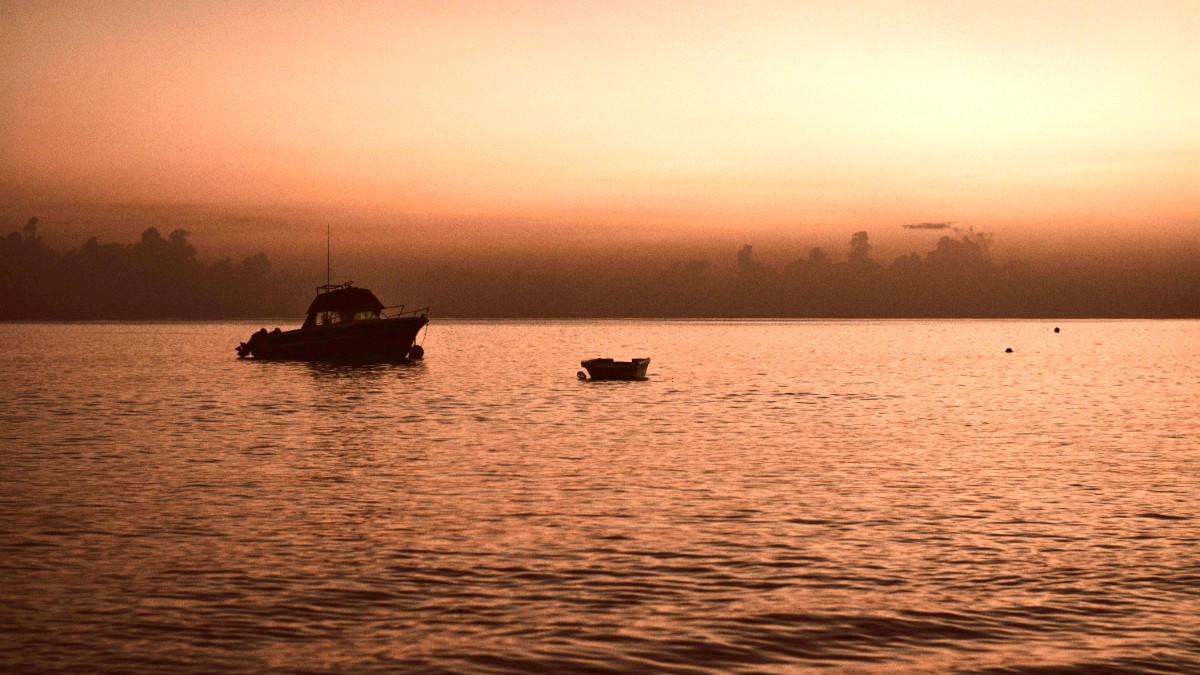
Antigua And Barbuda
Barbuda is one of the Caribbean’s most secluded islands, a place where development remains minimal and the focus stays on preserving its natural allure. Its reputation rests on its miles of unspoiled beaches, rich marine life, and a world-renowned bird sanctuary. Life moves at a slower pace here, reflecting the island’s dedication to its environment and community. The island welcomes visitors who share its appreciation for quiet beauty and ecological preservation. You will find that Barbuda presents a different kind of Caribbean journey, one that spotlights peace and natural splendor.
Many travelers seek an escape from modern distractions. Barbuda delivers this with its limited infrastructure and emphasis on outdoor activities. You spend your days exploring its unique coastline, observing wildlife, or simply unwinding under the Caribbean sun.
The island's small population means you encounter a deep sense of community and warmth from the residents. This personal link often is a memorable part of any visit. Barbuda is not about packed itineraries or endless entertainment options. It is about simple pleasures, profound peace, and the raw beauty of the Caribbean.
Barbuda is a low-lying coral island in the Eastern Caribbean Sea, positioned approximately 40 miles (64 km) north of Antigua. It is the smaller of the two main islands that form the independent nation of Antigua and Barbuda. The island measures roughly 62 square miles (161 sq km) in area. Its highest point, known as the Highlands, reaches only 125 feet (38 m) above sea level, showing its generally flat topography. This low elevation means no dramatic mountains or steep valleys. Instead, the landscape consists of limestone terrain, covered largely with scrub vegetation and mangrove forests, notably around its extensive lagoon.
One of Barbuda's defining geographical features is the Codrington Lagoon. This large, protected body of water dominates the western side of the island. The lagoon is shallow, brackish, and home to diverse marine life and an important ecosystem. Its mangroves serve as a nesting ground for thousands of magnificent frigatebirds, forming one of the largest colonies in the world.
The island's coral foundation gives rise to its celebrated pink and white sand beaches.
The delicate pink hue comes from microscopic coral and shell fragments.
A massive sinkhole featuring thriving ecosystems within its geological formations.
Shallow, brackish waters holding diverse marine life and extensive mangroves.
Located within the lagoon, home to one of the world's largest frigatebird colonies.
Barbuda’s coastline presents a variety of experiences. The west coast, facing the Caribbean Sea, features long, calm stretches of beach, including the iconic 17-Mile Beach (Low Bay) and Princess Diana Beach. The eastern coast, facing the Atlantic, is rougher and more rugged, with dramatic cliffs and smaller, wilder beaches.
Ecological Preserve: Barbuda's commitment to its environment means vast, untouched areas.
Boat access to the Frigatebird Sanctuary offers an integrated natural experience.
This geographical diversity presents different scenic vistas and activities for visitors. The island’s isolation and minimal human impact kept its natural state, making it a valuable ecological site and a tranquil destination. Its location north of Antigua means all international travel needs a connecting journey, either by small plane or ferry, contributing to its secluded appeal.
Barbuda’s history is rich and complex, shaping the island and its people. The Arawak and Carib peoples first settled the island, leaving behind evidence of their presence in places like Indian Cave, where petroglyphs appear.
Christopher Columbus sighted the island in 1493 during his second voyage, marking its entry into European awareness. However, Britain claimed it in 1667, making it part of the expanding British colonial empire in the Caribbean.
The Arawak and Carib peoples lived here, their legacy visible in sites like Indian Cave petroglyphs.
The Codrington family leased Barbuda from the British Crown for over 170 years, an unusual arrangement.
The 2017 storm devastated the island, leading to a full evacuation and ongoing rebuilding.
From the 17th century, Barbuda’s history took an unique turn. The British Crown leased the island to the Codrington family, wealthy sugar planters based in Antigua.
A small, tight-knit community providing a warm welcome.
The island's hub with limited shops, eateries, and services.
Low-impact tourism, local fishing, and small-scale farming drive the economy.
The island’s estimated population is around 1,500 people, a number that fluctuated significantly following the forced evacuation due to Hurricane Irma in 2017. Many residents returned and continue rebuilding their lives, contributing to the island’s tight-knit community feel. This small population means a truly relaxed atmosphere, where you are more likely to encounter friendly locals than large crowds.
This village serves as the hub of Barbudan life, containing the island's limited shops, local eateries, a polyclinic, and government offices. It is also the arrival point for both the airport and the ferry, making it the practical center for visitors. While not a bustling metropolis, Codrington presents a glimpse into daily Barbudan life and offers chances to interact with residents. Expect simple, direct facilities here.
Barbuda’s main industries are tourism, mainly focused on niche luxury and eco-tourism, fishing, and small-scale agriculture. Tourism plays an increasing role in the island's economic recovery, with an emphasis on low-impact, sustainable development that protects its natural resources. Fishing remains a significant livelihood, specifically for lobster and various types of fish, which directly influence the local cuisine. Agriculture, though small-scale, provides some local produce. These industries reflect Barbuda’s dedication to its environment and a way of life deeply connected to the sea and land.